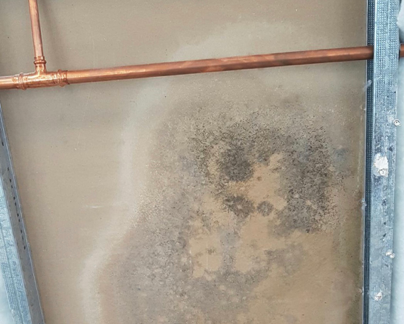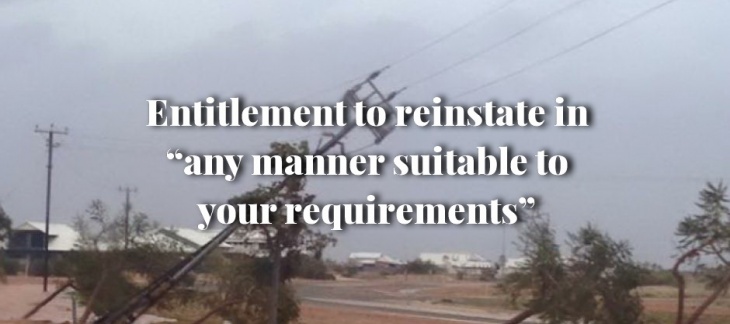
Background
The business is a multi-level restaurant/bar in the Perth CBD and in early 2019 they suffered water damage at their premises. The Insured had cover for Claims Preparation costs in their policy and Your Claim was appointed to prepare the claim.
The Insured was forced to cancel a live music festival at their premises and following make safe repairs, they were able to trade temporarily in certain areas (levels) whilst the extent of damage and repairs needed was considered.
Once the repairs were agreed, the Insured was forced to close multiple levels of the premises over a period of approximately one month to enable repairs to be completed.
We calculated and presented the property damage and business interruption loss to the Insurers for consideration. Insurers largely agreed with the claim as presented however they sought to apply two deductibles to the claim.
The two deductibles noted in the policy were:
- Standard Deductible – $2,500
- Business Interruption Deductible – 72 hours
Initially, the Loss Adjuster responded advising he had adjusted many claims under this policy for this Insurer and on each occasion, the two deductibles in question were applied.
Understandably, we pointed out that just because this was a historical practice that did not make it correct.
Application of Deductibles
Upon review of the policy schedule, we identified that the policy did not allow for the application of two deductibles as the wording clearly advised:
“the undermentioned deductible(s) will apply in respect of each Sub-limit but shall not be cumulative”.
The Insurer, when approached, responded and advised that the $2,500 deductible was a “Section 1 Property” deductible and the 72 hour deductible applied separately because it was a “Section 2 Business Interruption” deductible.
There were two major flaws with the above interpretation and response.
- The Policy very clearly stated that the $2,500 deductible is a “Standard Deductible” and not a Section 1 Property deductible.
- Insurers failed to address the very issue that our office raised, that being the preamble which states that the deductibles “shall not be cumulative”.
We requested that in light of the above the Insurer please adjust the claim simply on the higher of the two deductibles that were applicable, either $2,500 or 72 hours.
Incredibly, Insurers simply responded via their IDR process advising that they were unwilling to consider the approach presented and that their decision was final.
After various escalations within the Insurer’s office and also seeking the assistance of AFCA, the Insurer agreed to settle the claim based on the application of a single deductible of $2,500 being the “standard deductible”.
We understand that the Insurer considered their exposure to addressing previous claims adjusted and settled using two deductibles if the matter proceeded to determination with AFCA.
Takeaway Points:
- Very rarely have we seen claims settled by applying two deductibles to a single loss. Usually it’s the single highest deductible that applies.
- If two deductibles were to apply to a single loss, this would need to be very clearly set out in the policy as this largely goes against the industry norm.


